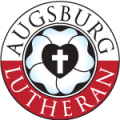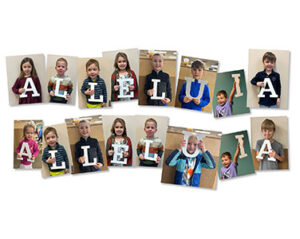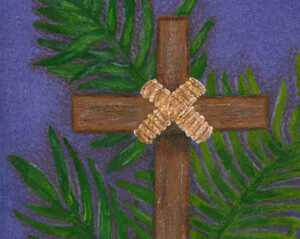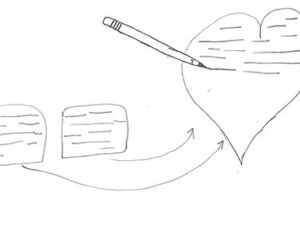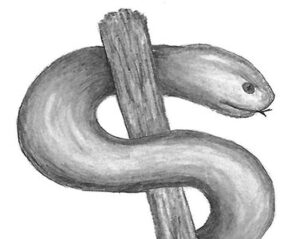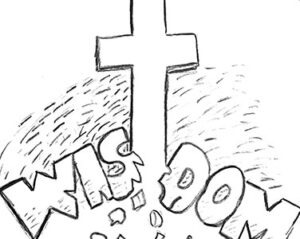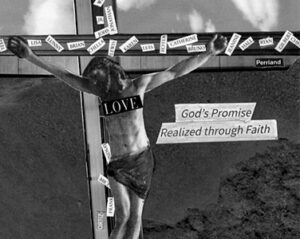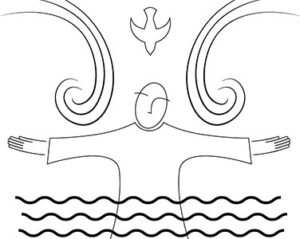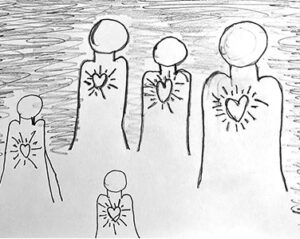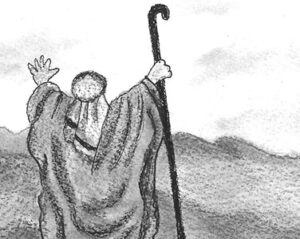Resurrection of Our Lord
Christ is risen! Jesus is alive, and God has swallowed up death forever. With Mary Magdalene, Mary the mother of James, and Salome, we may feel astonished and confused, unsure of what to make of the empty tomb. But this is why we gather: to proclaim, witness, praise, and affirm the liberating reality of Christ’s death and resurrection. In word and feast, we celebrate God’s unending love, and depart to share this good news with all the world. Alleluia!
